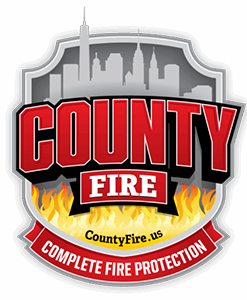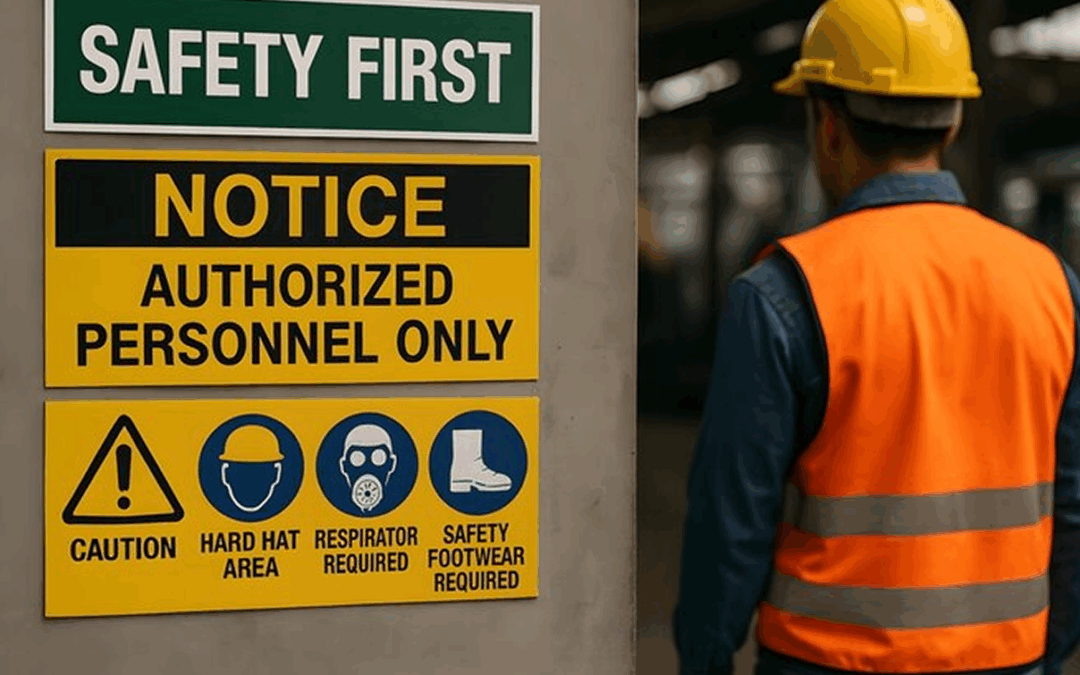If you own or manage a building in New York City or New Jersey, you know that FDNY inspections are no joke. Fire safety is taken very seriously, and even small oversights can lead to citations, fines, or delays in approvals. The good news?
Most violations are entirely preventable with proper planning and maintenance.
Most common FDNY violations we see and how to avoid them:
- Fire Alarm System Deficiencies:
Alarms not functioning properly, missing detectors, or outdated panels are frequent issues. Avoid this by scheduling regular fire alarm testing and maintenance with a certified company like County Fire. Keeping logs and inspection reports up-to-date is essential for passing FDNY reviews. - Fire Sprinkler Problems:
Blocked or damaged sprinkler heads, improper water pressure, or missing inspection tags often trigger violations. Regular inspections, immediate repairs, and professional maintenance prevent these common pitfalls. - Obstructed Exits and Emergency Lighting Issues:
Blocked corridors, locked doors, or burnt-out emergency lights are simple mistakes that carry penalties. Walk your property periodically to ensure clear egress paths and functioning exit signage. - Fire Extinguisher Non-Compliance:
Expired, missing, or inaccessible fire extinguishers are an easy violation to fix. Make sure extinguishers are properly mounted, inspected monthly, and serviced annually. - Documentation Errors:
The FDNY doesn’t just check equipment, they check paperwork too. Missing inspection logs, incomplete maintenance reports, or unfiled system approvals can result in citations even if everything else is working perfectly. Keeping digital or physical records organized and up-to-date is critical.
At County Fire, we help building owners and property managers stay ahead of these issues. Our certified technicians provide fire alarm inspections, sprinkler testing, extinguisher maintenance, and documentation support to ensure buildings are fully compliant.
By partnering with experts, you not only reduce the risk of violations but also protect tenants, employees, and property.

